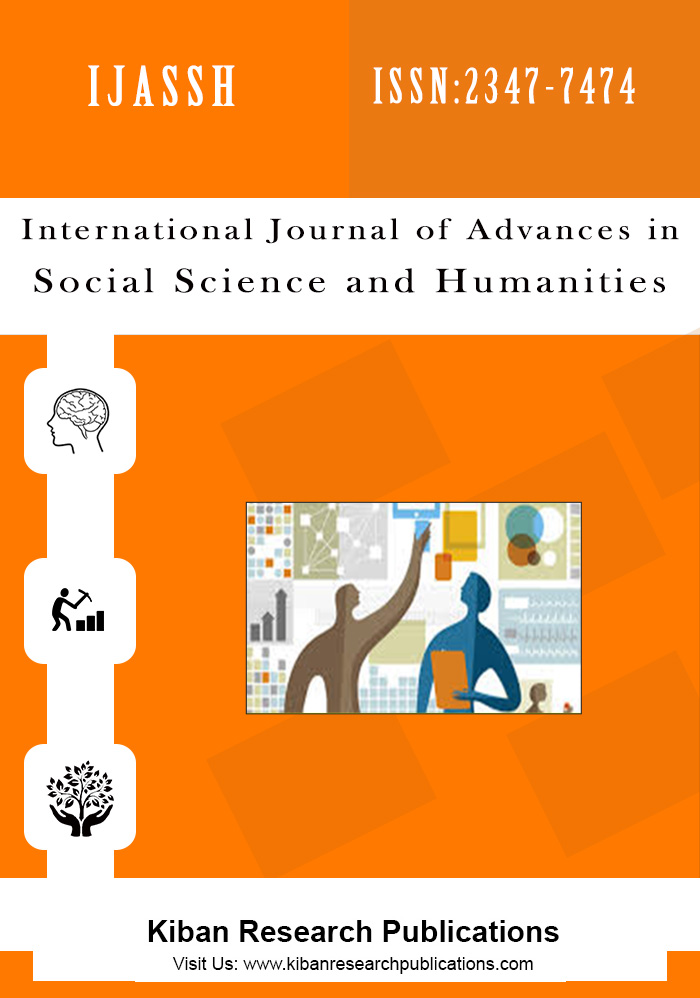Europhone Divide in Cameroon: Constraining Nation-Building and Democratization in the Post-Colony
Abstract
Colonialism’s influence still resonates across all facets of African society even though the continent attained independence more than half a century ago. While a majority of African countries experienced colonialism from a single European colonizer; Cameroon’s case deviates from the norm radically as her colonial biography was authored not by one but by three different colonial powers-Germany, France and Britain. Noting that Germany’s influence as a colonizer was significant, it however ended abruptly in 1916 following its ouster from the territory by allied forces. As such, Germany’s cultural influence did not permeate into the socio-cultural fabric of Cameroon unlike that of France and Britain. This paper’s main thrust therefore intends to demonstrate how the Anglophone/Francophone (Euro-phone) divide remains the main cultural legacy of colonialism in Cameroon and suggests that this divide constitutes an impediment to democracy and nation building. Further, it seeks to shade light on Francophone (majority) cultural dominance of the Anglophone (minority) within a context of other influences such as regional and ethno-tribal heterogeneity which presupposes the incubation of latent conflict. Since the paper adopts a historical approach, secondary data constitutes its main source of information with a focus on content analysis. As a recommendation, it is submitted that a paradigm shift must occur at the policy level through the development of genuine cultural alternative which emphasizes building strong socio-cultural bonds based on the unique cultural experiences of Cameroon society. By so doing, the impediment posed by the Euro-phone factor can hopefully be neutralized. As such, democracy and nation building may be fashioned on the basis of Cameroon’s unique historical and cultural realities.
Keywords: Anglophone, Francophone, British Cameroons, French Cameroons, Plebiscite, Referendum.




